Purina Complete Alfalfa Rabbit Feed Pellets, 50 lb.
Help your rabbits grow and reproduce with the Purina Complete Alfalfa Rabbit Feed Pellets. Our rabbit feed pellets offer wholesome nutrition for rabbits of all ages with the vitamins and minerals they need to live to the fullest. Try this rabbit feed for a balance of protein, fiber, essential nutrients and attractive alfalfa scent.
Help your rabbits grow and reproduce with the Purina Complete Alfalfa Rabbit Feed Pellets. Our rabbit feed pellets offer wholesome nutrition for rabbits of all ages with the vitamins and minerals they need to live to the fullest. Try this rabbit feed for a balance of protein, fiber, essential nutrients and attractive alfalfa scent.
- 100% complete daily nutrition and requires no additional supplements
- Healthy muscles, organs and fur with protein building blocks for strength and development
- Vitamin A for reproduction and bright eyes; calcium and phosphorus for strong bones and excellent milk production
- Includes alfalfa to balance complete diet with protein, calcium and sweet alfalfa scent
- Nutrients from high-quality plant proteins for immune system health
- GI tract support with a variety of fiber sources and prebiotics to support digestive health
- Contains yucca schidigera extract to help control manure odors
- Formulated without preservatives for nutrition
- Rabbit feed is great for rabbits of all ages
Additional information
| Country of Origin | Made in USA |
|---|---|
| Feed Packaged Weight | 50 lb. |
| Food Product Form | Pellets |
| Life Stage | All Life Stages |
| Packaged Height | 35 in. |
| Packaged Length | 35 in. |
| Packaged Width | 18 in. |
| Package Size | 50 lb. |
| Packaging Type | Bag |
| Special Diets | Preservative Free |
| Manufacturer Part Number | 3004902-206 |

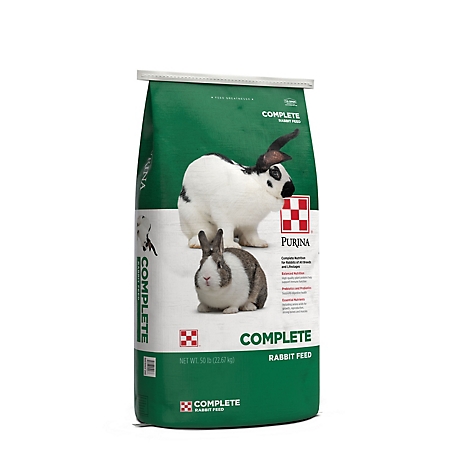

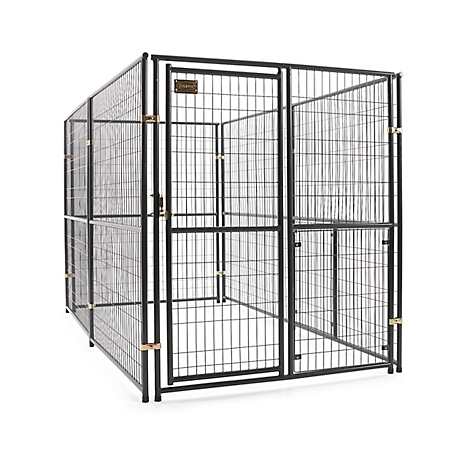

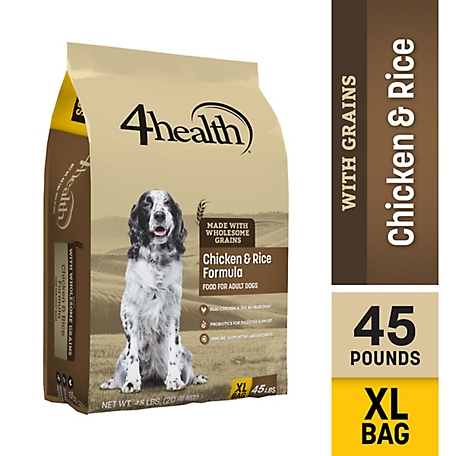

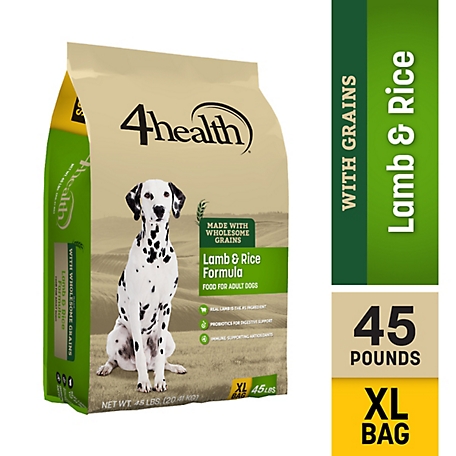
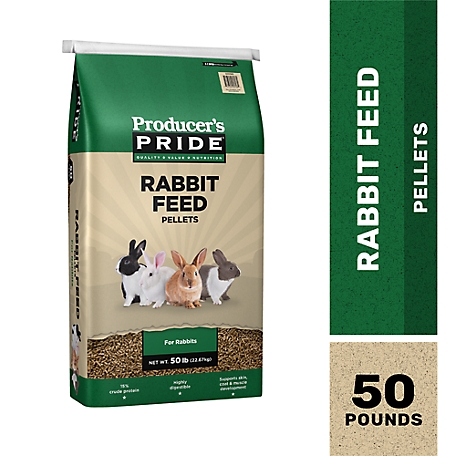
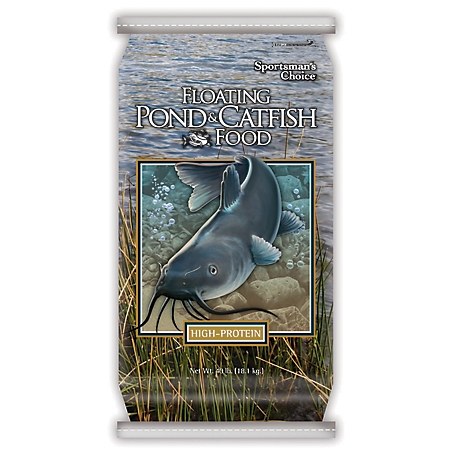
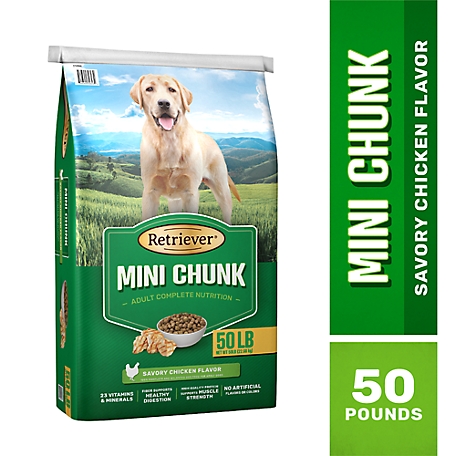
by David
My rabbits love this brand of food. Never had issues with them eating it. Only wish I was able to pick up in store,instead of ordering and have it delivered to store.
by Fara
My bunny loves it.
by Kim
My rabbits Love these! Gotta trust Purina!
by Mirra
I always use it through all lifestages of my rabbit. My rabbit loves it.